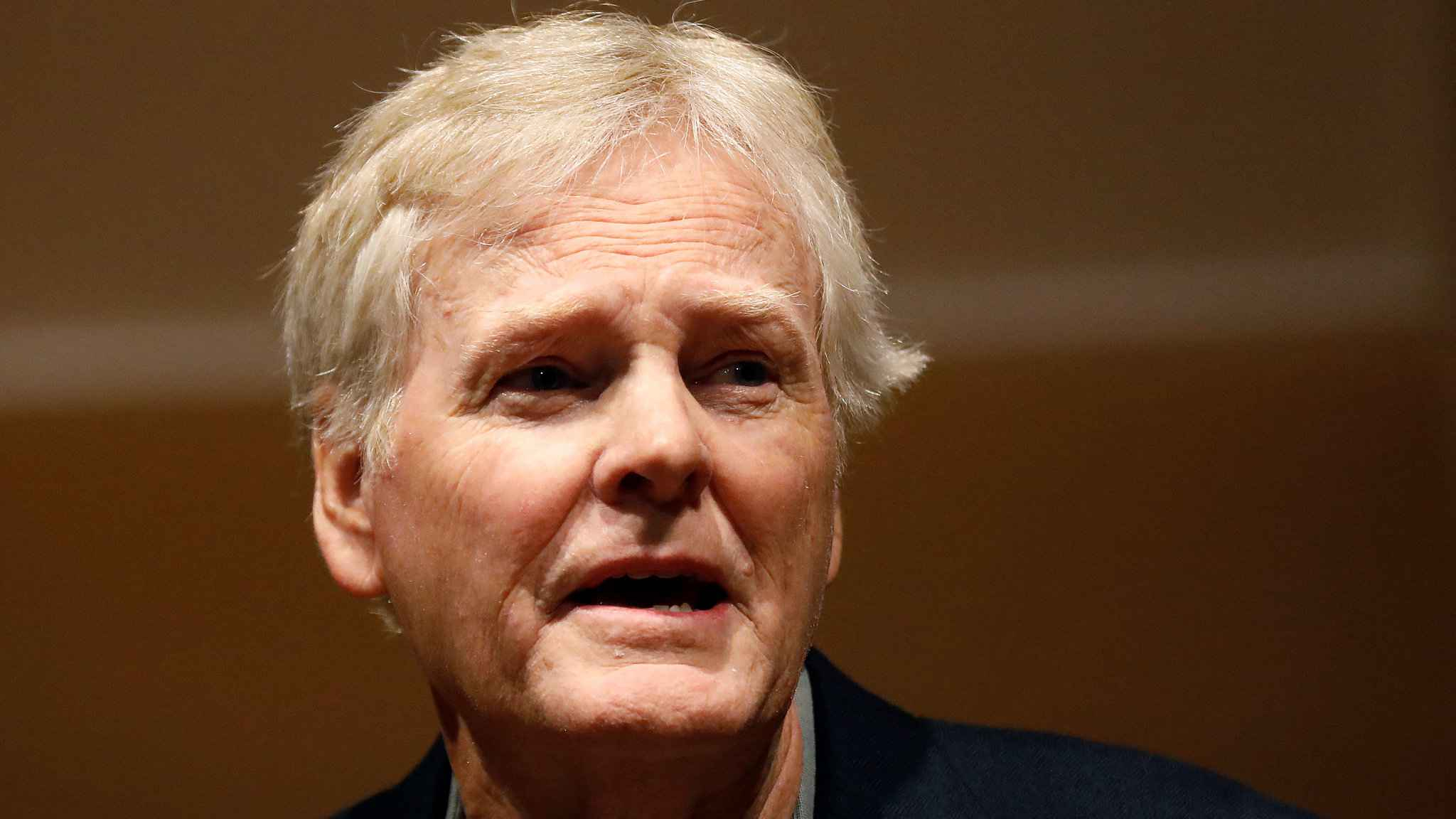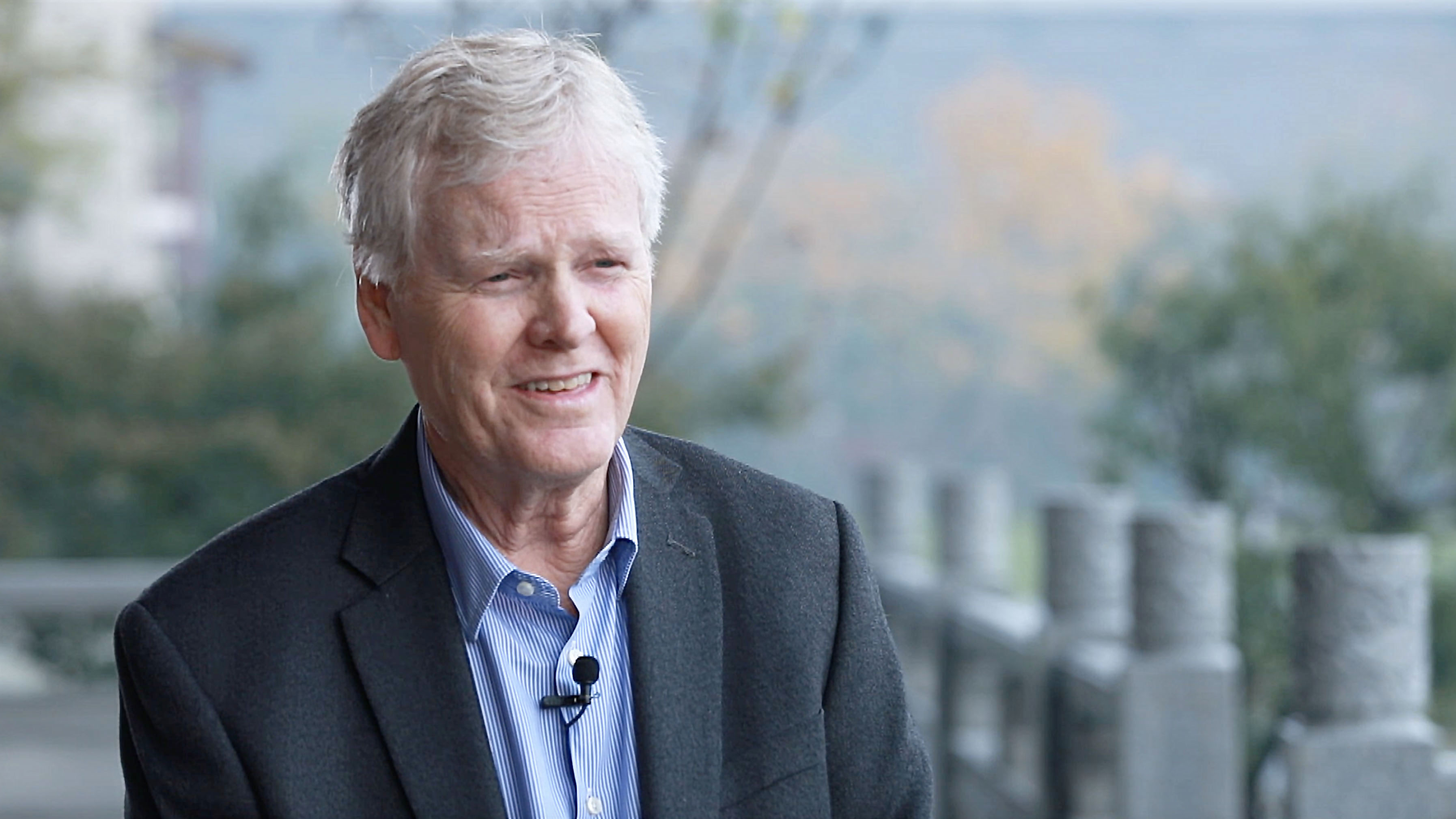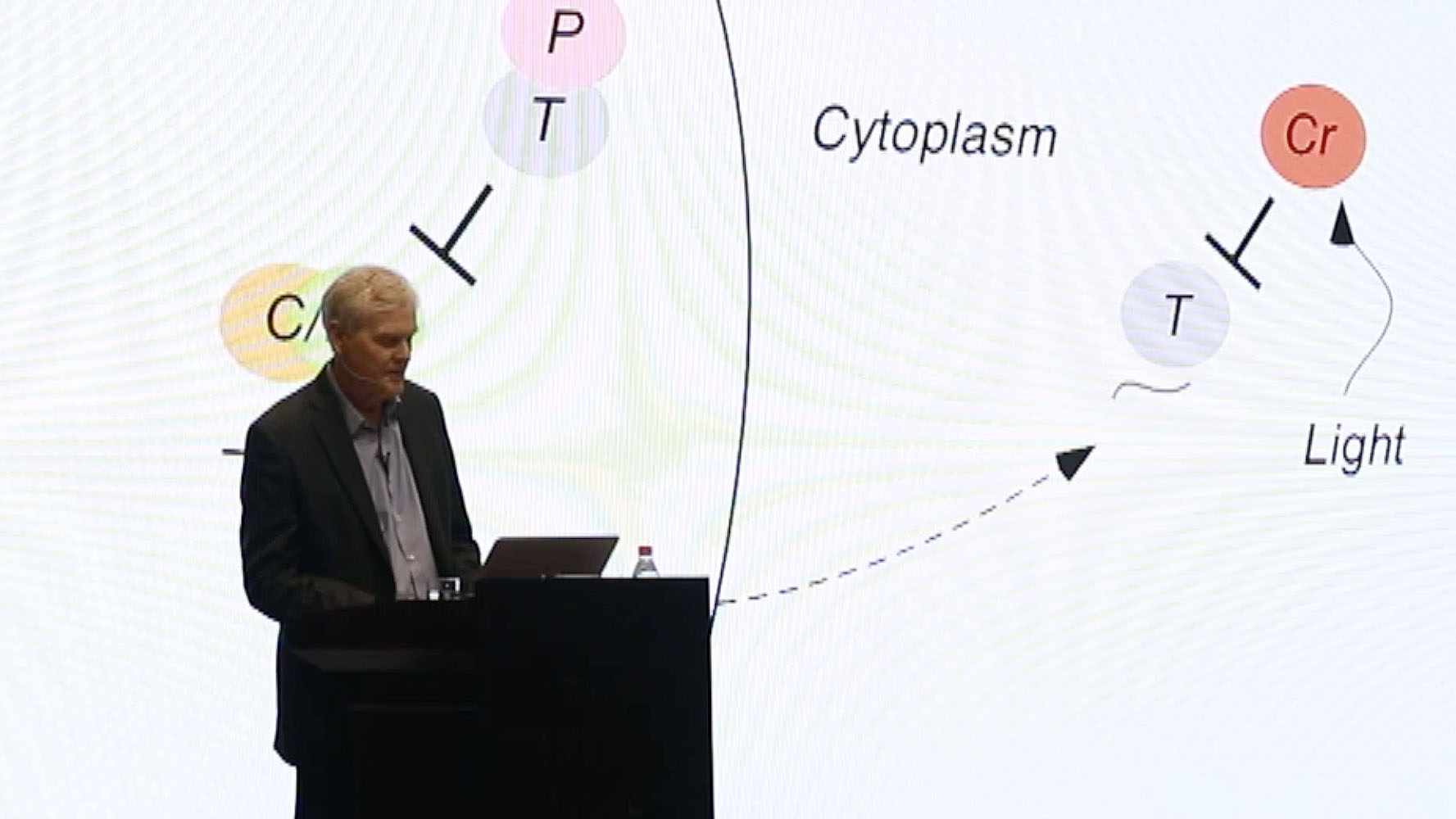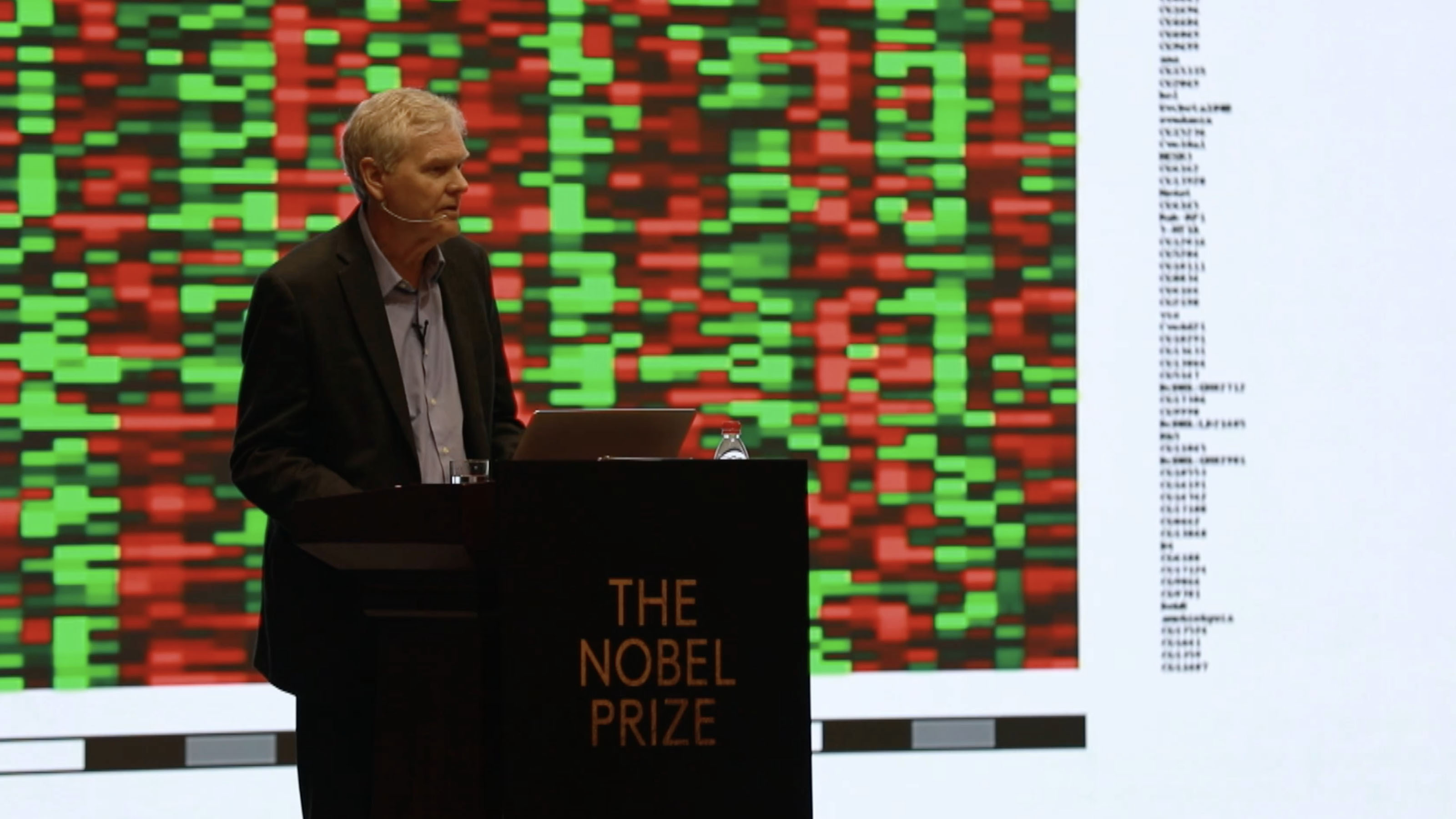
Tech & Sci
16:41, 04-Dec-2018
Nobel laureate Michael Young on circadian rhythms, genetically-modified babies
Updated
15:38, 07-Dec-2018
By Wu Lei, Li Ang

In 2017, Professor Michael Young was awarded the Nobel Prize in Physiology or Medicine for his work in helping to identify the genes responsible for circadian rhythms. Along with Jeffrey C. Hall and Michael Rosbash, the team were recognized for their years of research.
Young is currently at Zhejiang University and the University of Science and Technology of China as part of this year's Nobel Prize Inspiration Initiative from December 3 to 5.
Young spoke to CGTN about his Nobel-prize winning research and his thoughts on the controversial work of a Chinese scientist who claims to have produced the world's first genetically-modified babies.
1. Tell us about your research.
00:55

Young discusses the team's disentangling of the workings of a biochemical clock that exists in almost every cell of the body.
2. What's your advice for young Chinese scientists?
00:30

Young talks about the value of patience in pursuing your interests.
3. What do you think of the controversial genetically-modified babies?
00:41

Young discusses the need for international standards in providing guidance in doing human research, including the need for oversight.
(Top image: Michael W. Young, a joint winner of the 2017 Nobel Prize in Physiology or Medicine /VCG Photo)

SITEMAP
Copyright © 2018 CGTN. Beijing ICP prepared NO.16065310-3
Copyright © 2018 CGTN. Beijing ICP prepared NO.16065310-3